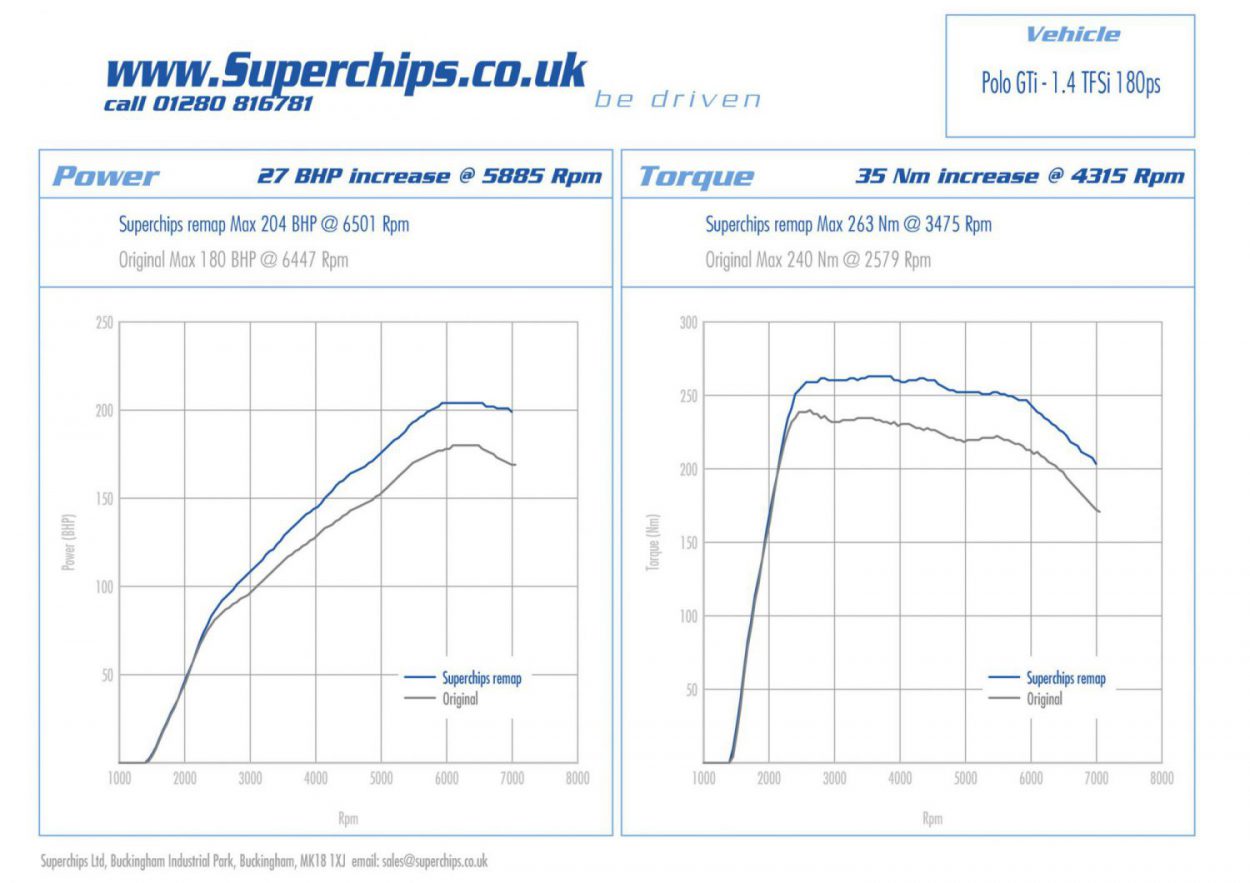Gone are the days of taking an engine to pieces and tinkering with oily bits of metal to extract more performance. Now a wide number of specialist companies can reprogram your engine’s Electronic Control Unit. It’s a process commonly known as ‘chipping’. And companies that do it frequently claim the procedure can result in improved performance, with as much as 30 per cent more power and 10 per cent more fuel economy. It typically costs around £200, but is it money well spent?
How it works
Programmes that control the engine, how it takes its fuel, the mix with air etc… used to be on microchips that were physically installed in cars’ computers. Now you visit a specialist and they’ll attach a lap top via the car’s diagnostics port. They then upload software to control how the turbo works, the amount of torque the engine produces and so on.
Some swear by it
There are numerous forums where drivers rave about the positive effect chipping has had on their car, usually in terms of performance but increasingly frequently in terms of fuel economy improvements.
Does a chip invalidate a car’s warranty?
Yes. Ring the maker of your car and they will tell you in no uncertain terms that if you have your car chipped, it will invalidate your warranty. That’s why some chipping companies say they will cover the conversion with their own warranty. Some also claim that dealers can’t detect any change in the software. However, if your car does go back to the garage for some non-engine related warranty work and the dealership discovers you’ve had it chipped, the matter will be reported to the manufacturer and it is likely to harm any engine-related claim under the warranty.
Tell your insurer
You must inform your insurance company if you do any work on your car that makes it non-standard. Having it chipped to improve its performance – even if that’s just increasing its mpg – falls into that category.
Haven’t the car makers thought of it?
Car manufacturers are obsessed with getting maximum performance for minimum economy while building cars that are reliable and have long service intervals. They spend millions of pounds employing very clever people and cutting edge technology to develop cars that achieve these frequently conflicting criteria.
What the motor makers say
A spokesman for Audi told us: “You might manage to improve economy, maybe even performance too but the laws of physics say you will have to pay somewhere along the line. This might be in driveability. There may be a flat spot in acceleration at some point in the rev range. Or it might cause reliability problems.”
On a used car
If you’re buying a second-hand car from a dealership, check the paperwork carefully to see whether the car has been chipped, especially if it’s under warranty. If you have a problem you’re likely to find that the dealer will refuse to honour the warranty because of the chip…
Verdict
If you’ve got a car that’s still covered by a warranty it’s probably not worth taking the risk. On an older car, you could reap some rewards. The savings some companies claim will enable the chipping process to pay for itself after a year. But ensure you use a reputable company and check internet forums to see if there have been any reliability or performance problems with your make of car.
 ©
©
Interesting, informative and the vehicle probably best left well alone